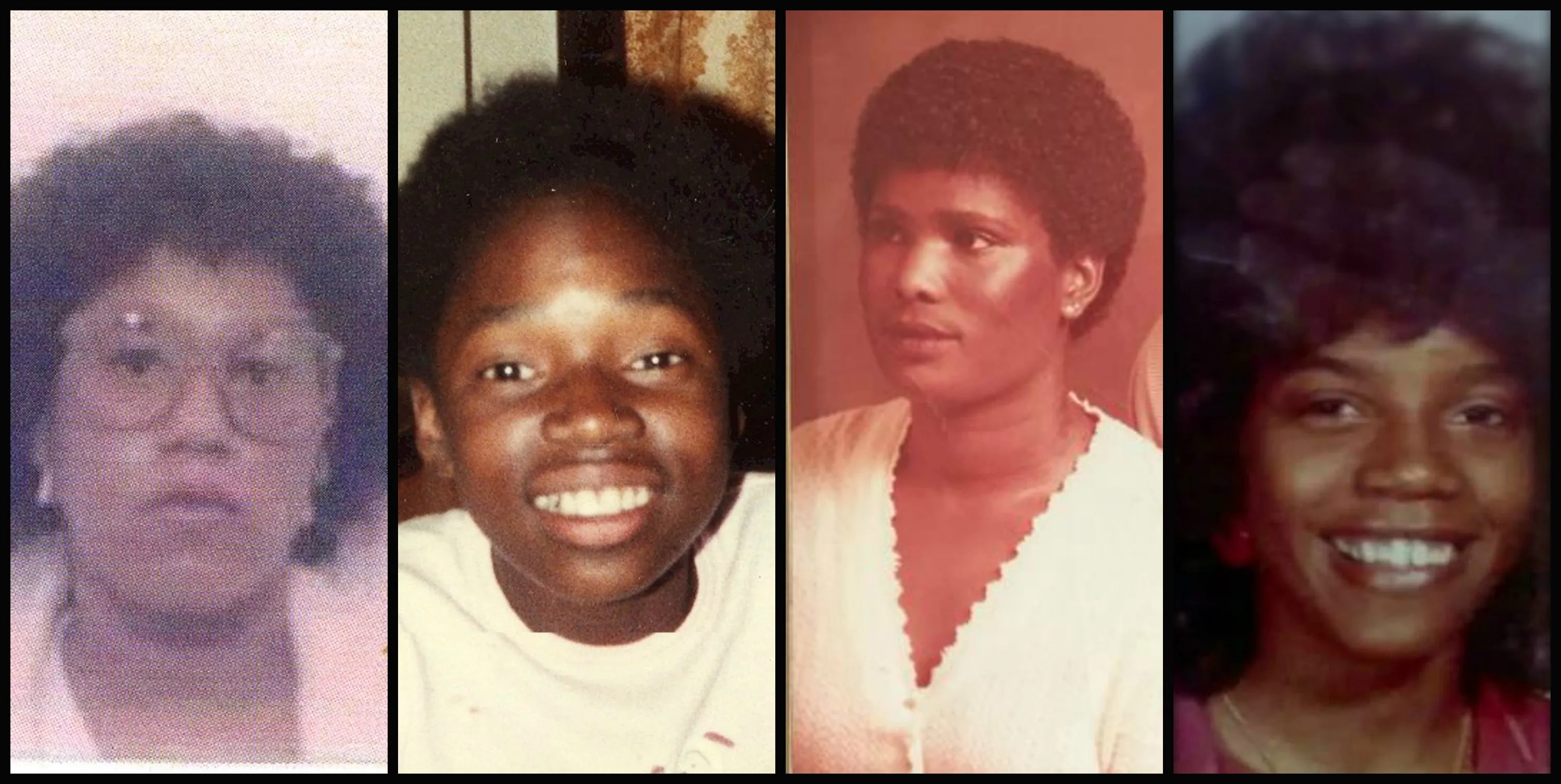The progression in technology, particularly in DNA evidence analysis, has been instrumental in solving numerous cases. A similar scenario unfolded in the case of Homer Lee Jackson III, who was convicted of committing the murders of three women and a teenager between 1983 and 1987. Despite the crimes occurring years earlier, Jackson was only apprehended in 2015. However, the subsequent court proceedings were marked by unforeseen and novel developments. In the documentary ‘The Portland Serial Killer’ on ID, the conviction of Jackson and additional details about the case are explored.
Who Were Homer Lee Jackson III’s Victims?
The police faced formidable challenges in identifying the perpetrator responsible for the murders of four women. Three of these victims were discovered in 1983, with the fourth body found in 1987. The connection to these crimes was established through forensic evidence associated with the bodies. The initial victim, 23-year-old Essie Carrie Jackson, worked as a sex worker and was assaulted and strangled. Her body was located on March 23, 1983, near Overlook Park in North Portland.

The second victim, Tonja Nannette Harry, aged 19, was discovered on July 9, 1983, near a pond in West Delta Park. Her body exhibited signs of sexual assault, including cuts and bruises, and was found with her face partially submerged in the pond. Additionally, she had evident strangulation marks on her neck, along with some paper towels bearing traces of semen and hair, and several cigarette butts were located in proximity to the crime scene.
The third victim, 14-year-old Angela Dina Anderson, was found on September 22, 1983, inside an abandoned house. She had suffered multiple stab wounds on her wrist and was strangled with a rope, which was left around her neck. Some cigarette buds and a fingerprint were also recovered from the crime scene. The last victim was 29-year-old Latanga Lee Watts and her body was found on the side of a pedestrian bridge in Portland. Tonja, Angela, and Latanga were also sex workers.
After a prolonged interrogation involving moral coercion and appeals to God, Jackson eventually confessed to the murders of the four women. He acknowledged his addiction during that period and disclosed that he had anterograde amnesia since childhood, preventing him from remembering specific details of the murders or the reasons behind them. Although he admitted to being acquainted with the locations where the victims were discovered, he could not provide explicit details. Subsequently, Jackson’s defense attorney argued for the dismissal of the case, asserting that the evidence linking him to the four murders was circumstantial at best.
In the Essie Jackson case, the DNA and blood discovered did not align with Jackson’s, and the sole connection to her murder relied on Jackson’s questionable confession, given his amnesia. In Tonja’s case, the DNA results were inconclusive, but there was a high probability that it belonged to Jackson. In Angela’s case, the DNA from the saliva on the cigarette butts matched his. Concerning Latanga’s case, the DNA retrieved from her fingernails implicated two individuals, one of whom was Jackson. However, the DNA found on her scarf and the blood did not match his.
In October 2017, the court deemed Jackson’s statement inadmissible due to his mental health conditions, including schizophrenia and amnesia. Subsequently, in November 2018, the Oregon Supreme Court postponed his trial to 2019, asserting that he was unfit to stand trial owing to his mental health. Come May 2019, the prosecution opted to drop the charges against Jackson in the Essie Jackson case and instead charged him with the murder of 29-year-old Lawauna Janelle Triplet. Triplet’s body had been discovered by the police on June 15, 1993, in North Portland, and she, too, was a sex worker and had been strangled.
Homer Lee Jackson III Died a Natural Death

In 2020, Homer Lee Jackson III’s defense attorney filed a motion requesting separate trials for each of the four cases, and the request was granted. By this time, Jackson’s health had already begun to deteriorate. Alongside his amnesia and schizophrenia, he faced a high risk of contracting COVID-19 and had spent several days in the ICU due to a high fever. Struggling with walking, he received SSI disability check allowances, experienced difficulty in mobility, and dealt with bouts of depression, insomnia, and hypertension. Additionally, he was diagnosed with pneumonia during this period.
Jackson’s trial commenced in January 2022. Recognizing the possibility of his acquittal on all murder charges except one, the prosecutors presented him with a plea deal. Under this agreement, he pleaded guilty to the murders of Tonja Harry, Angela Dina Anderson, Latanga Lee Watts, and Lawauna Janelle Triplet. On January 31, 2022, considering his health issues, mental illness, the diminished credibility of his initial confession, and the lack of additional evidence, he was sentenced to 25 years and 3 months, equivalent to the time he had already served. As a result, he walked out of jail as a free man.
As of July 2023, Jackson’s health had deteriorated, and he resided on North Emerald Avenue in Portland. He had spent an extended period in the hospital due to cardio-pulmonary issues, resulting in significant weight loss, with an estimated weight of only 70-80 lbs. On July 18, 2023, his sister discovered him deceased in his residence. His death was deemed natural, and no foul play was suspected.
Read More: Jolly Joseph: Where is the Alleged Serial Killer Now?


You must be logged in to post a comment.